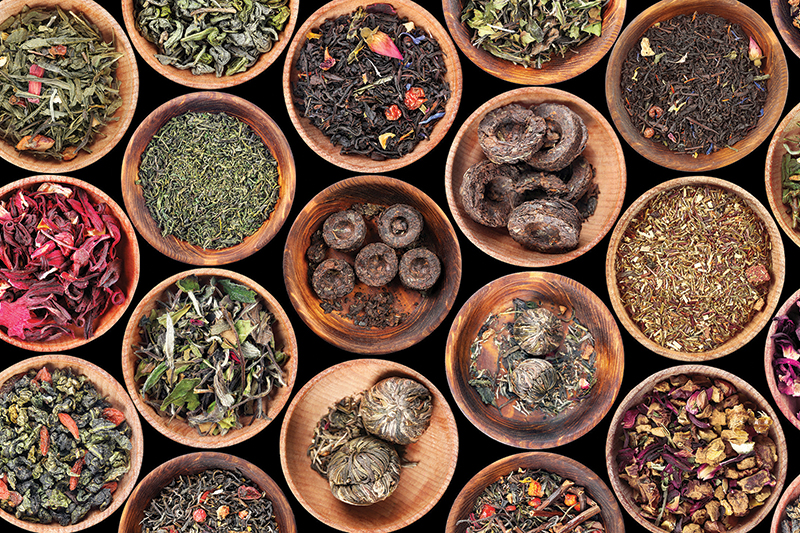Eczema is more than just a skin condition – it’s a sign of deeper imbalances in the body. In Western medicine, eczema is often linked to an overactive immune system, gut health issues, and inflammation. Many people with eczema also experience food sensitivities, acid reflux, IBS, asthma, and allergies – this connection is known as the atopic triad. Common treatments include steroid creams, antihistamines, and immune-suppressing medications, which may help manage symptoms but don’t address the root cause.
East Asian medicine (EAM) takes a whole-body approach, recognizing that eczema is not just about the skin – it’s a reflection of imbalances in the digestive system, lungs, liver, and stress response. Because EAM treats the mind, body, and spirit as one, it gets to the root cause, restoring balance.
Imbalaces that can result in eczema flare-ups involve multuple systems:
- Gut microbiome imbalance (dysbiosis): Bloating, constipation, or food intolerances. Poor digestion can lead to inflammation, making the skin more reactive.
- Histamine intolerance and mast cell activation: Heightened mast cell activity leads to excess histamine, which worsens itching, rashes, and swelling.
- Lung and immune system: The lungs and skin are closely related in EAM, which is why many eczema patients also have asthma, frequent colds, seasonal allergies, and other allergies to substances such as dust or animals.
- Liver and stress: The liver plays a role in detoxification and helps regulate emotions. Stress, frustration, or hormonal imbalances can worsen flare-ups. Chronic stress also suppresses digestion, leading to gut issues that further drive inflammation.
- Toxic load and environmental sensitivities: Reaction to fragrances, chemicals, heavy metals, and synthetic fabrics due to an overactive immune response.
A Holistic Approach to Healing
Rather than just calming symptoms, EAM works to rebalance the whole body with acupuncture, herbal medicine, dietary changes, and nervous system regulation. Some common EAM herbal formulas for eczema include:
- Wu Wei Xiao Du Yin (five-ingredient decoction to eliminate toxins): Clears toxic heat to reduce inflammation for red, inflamed, or weeping eczema. Drains dampness to reduce oozing and dispels wind to stop itching. Antimicrobial and anti-inflammatory support the immune system to prevent secondary infections in scratched or broken skin.
- Si Wu Tang (four-substance decoction): Nourishes blood to moisturize the skin, improves circulation, and reduces stagnation; supports the liver and hormonal balance. In EAM, blood deficiency can lead to dry, rough, cracked, or scaly eczema. When the blood is insufficient, the skin doesn’t receive enough nourishment, leading to chronic dryness and itchiness.
- Suan Zao Ren Tang: Helps with anxiety-related flare-ups, improving sleep and reducing stress levels.
Integrating East and West for Better Results
By combining Western medicine’s understanding of the immune system with EAM’s ability to restore balance, we can create a more effective, long-term solution for eczema. Instead of just suppressing symptoms, this approach supports the body’s natural healing process—leading to clearer skin, better digestion, and improved overall well-being.
If you’re struggling with eczema and want a whole-body approach to healing, consider integrating Eastern medicine into your care plan.
Briana Trudell is a CT-licensed acupuncturist and clinical herbalist who specializes in skin health and wellness. She practices at Soleil Acupuncture and Naturopathic Wellness in Hamden, CT.
Connect with her at 203.871.3262 or soleilholistic.com.
